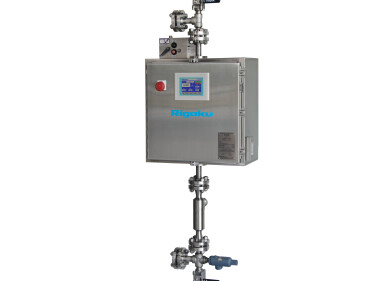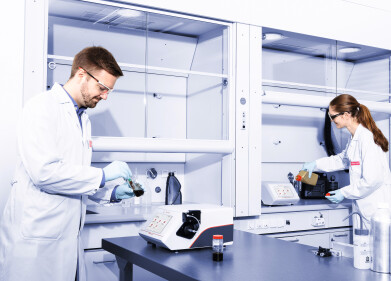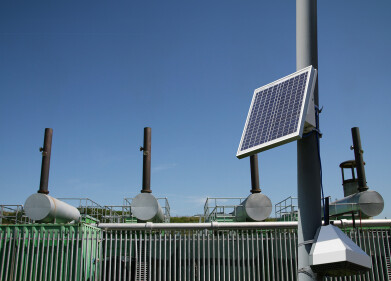Measurement and Testing
The Red Diesel Ban: Will It Affect You?
Nov 16 2021
Currently, around 15% of the diesel consumed in the United Kingdom is taxed at a lower rate and reserved for use in off-road machinery, equipment and vehicles, fuelling the nation’s fisheries, farms, railways and, even, places of worship. It isn’t cheaper to produce, of a lower quality or particularly tailored for use in these industries – this diesel is only distinguished by its being dyed red.
As COP26 draws to a close, there have been calls from all quarters for the UK to drastically reduce its emissions – and the consumption of red diesel accounts for 14 million tonnes of the CO2 released in the UK each year. So, unfortunately for a number of British businesses, tackling carbon emissions means tackling red diesel. As part of this year’s budget, therefore, Chancellor of the Exchequer Rishi Sunak announced that a restriction of eligibility for red diesel consumption will come into effect on 1st April 2022.
Will it affect me?
Well, that’s a tough one. It’s perhaps clearer to point out who it won’t affect, actually. And, broadly speaking, that’s either smaller for-profits in particular sectors, local not-for-profit organisations or private persons living in unusual residences.
To be specific, though, according to an official statement by Her Majesty’s Revenue and Customs, from April 1st 2022, red diesel can only be used to:
- Fuel any vehicle or piece of machinery used predominantly in agriculture, horticulture, fish farming and forestry - even if they are being used atypically, like a tractor being used to clear snow or grit roads.
- Provide power to what Revenue and Customs refers to as ‘non-commercial premises’, which range from communal areas, like town-halls or places of worship, to any off-the-grid residence, including houseboats (so long as they are permanently moored).
- Fuel all types of railway vehicles (passenger, freight or maintenance).
- Heat and light the facilities – clubhouses, changing rooms, pitches, etc. – of local amateur sports clubs.
- Power the necessary machinery – including caravans – of travelling fairs and circuses.
As you can see, then, such exemptions do not extend to the vast majority of British businesses and citizens.
And, to make matters worse, many may be unaware of just how much red diesel they are consuming. For instance, it is common for red diesel to be mixed with white and green diesel as a way of keeping prices down. But to the naked eye, this mixture appears almost indistinguishable from the pure forms of its components.
How do you know if you're using red diesel?
This is all because diesel dye is not meant to be seen, but detected. There are a number of varying methods for comprehensive fuel analysis – and many affordable instruments that will do the trick.
The most popular technique is known as x-ray fluorescence spectrometry, a technique in which electromagnetic radiation forces the components of a fuel to emit light, thereby revealing, as it were, the fuel’s “skeleton”. Unlike many types of fuel analysis, x-ray fluorescence spectrometry is completely non-destructive, but it does consume a fair amount of energy. So, if you’re looking to skim energy costs, you might opt for an instrument which can perform absorption atomic spectroscopy, which operates on a similar principle. Instead of using the absorption of electromagnetic radiation as a method of detection, AAS uses electrothermal radiation to reveal the varying components in a fuel. Check out the various studies listed below for more insight into exactly how absorption atomic spectroscopy works. And for a more thorough run-down of the different fuel analysis methods, take a look through our article on What Are the Different Fuel Analysis Methods?
Digital Edition
PIN 25.5 Oct/Nov 2024
November 2024
Analytical Instrumentation - Picturing Viscosity – How Can a Viscometer or a Rheometer Benefit You? - Sustainable Grease Formulations: Evaluating Key Performance Parameters and Testing Method...
View all digital editions
Events
Nov 27 2024 Istanbul, Turkey
Biogas Convention & Trade Fair 2024
Nov 27 2024 Hanover, Germany
Dec 03 2024 Dusseldorf, Germany
Dec 08 2024 Anaheim, CA, USA
Turkey & Black Sea Oil and Gas
Dec 11 2024 Istanbul, Turkey



















